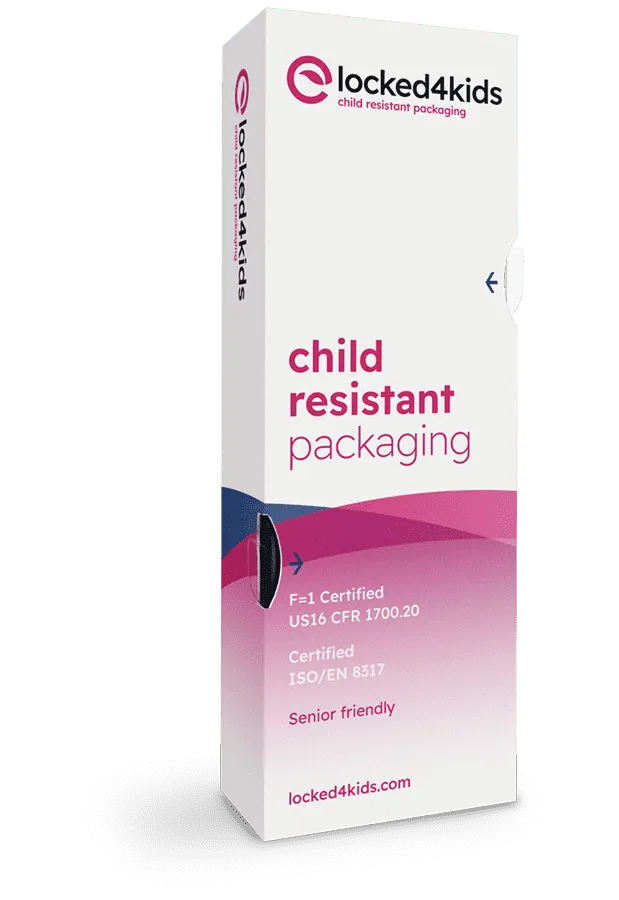Molded pulp packaging is widely recognized for its sustainability and protective properties, making it a popular choice across many industries. However, when it comes to low volume production, molded pulp packaging isn't always the preferred option due to several factors, primarily the high upfront tooling costs involved in creating custom molds. This often makes it more suitable for large-scale production. Nevertheless, there are specific scenarios where businesses might still consider molded pulp for low volumes, particularly when unique needs or brand values come into play.
Why molded pulp may not always be ideal for low volumes
The primary challenge with molded pulp packaging at low volumes lies in its tooling costs. Creating custom molds requires a significant initial investment, which can make the price per unit higher for smaller runs. For businesses with limited production needs, this can be a deterrent, as other packaging solutions may offer lower costs for small quantities.
Despite this, there are situations where molded pulp provides unique advantages that can justify its use in low volumes.
When is low volume molded pulp packaging worth considering?
Sustainability and eco-conscious branding
For businesses committed to sustainability, molded pulp packaging can be an effective way to reinforce an eco-friendly brand identity. With its biodegradable and recyclable properties, molded pulp aligns with the growing consumer demand for sustainable products. Even at a higher cost, businesses that prioritize environmental responsibility can use molded pulp to differentiate themselves and attract eco-conscious consumers. This is particularly relevant for brands in niche markets where sustainability is a significant factor in consumer decision-making.
For protection and product orientation purposes
Molded pulp is versatile enough to be used for both inserts and transport trays, serving different purposes within packaging.
- Transport trays provide critical protection during transit, especially for fragile or high-value products. These trays are designed to secure products in place and absorb shock, reducing the risk of damage during shipping. While the cost may be higher for small volumes, the added security can prevent breakage and ensure products arrive intact, which is particularly important for delicate items like electronics or glassware.
- Inserts, on the other hand, are designed to keep products oriented and displayed properly within their packaging. They provide a custom fit, ensuring that products stay in place and are presented well upon opening. This can enhance the unboxing experience, which is crucial for luxury or limited-edition products where presentation plays a key role in customer satisfaction.
Custom-fit and tailored designs
Another key advantage of molded pulp is its ability to be customized to fit the exact shape and dimensions of a product. This ensures a snug and secure fit, offering superior protection compared to generic packaging. For businesses that want to create a premium packaging experience, particularly for limited-edition or high-value products, the combination of custom design and eco-friendly materials can significantly enhance the product’s appeal. This can be especially important in industries where the unboxing experience is part of the product's perceived value. Read more about the design of molded pulp packaging.
How to find the right balance
While molded pulp packaging may not always be the preferred choice for low volumes due to its higher upfront costs, it remains a compelling option in certain cases. For businesses that value sustainability, require custom-fit protection for fragile products, or want to elevate their packaging to create a unique customer experience, molded pulp can provide tangible benefits despite the higher cost per unit.
To determine whether molded pulp is the right solution for your packaging needs, consider how these factors align with your business priorities. If you're interested in exploring this option further, contact us to discuss how molded pulp can support your product and sustainability goals. Read more about Ecobliss as your molded pulp pacakging supplier in our blog.
Request a free sample now!











